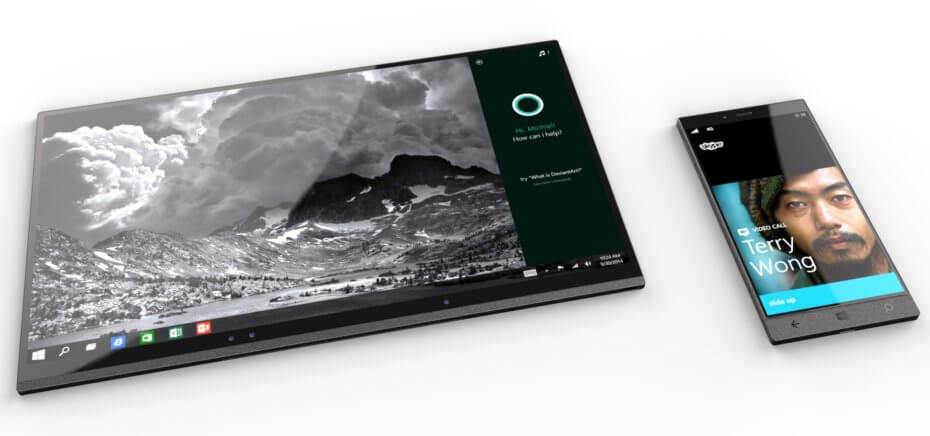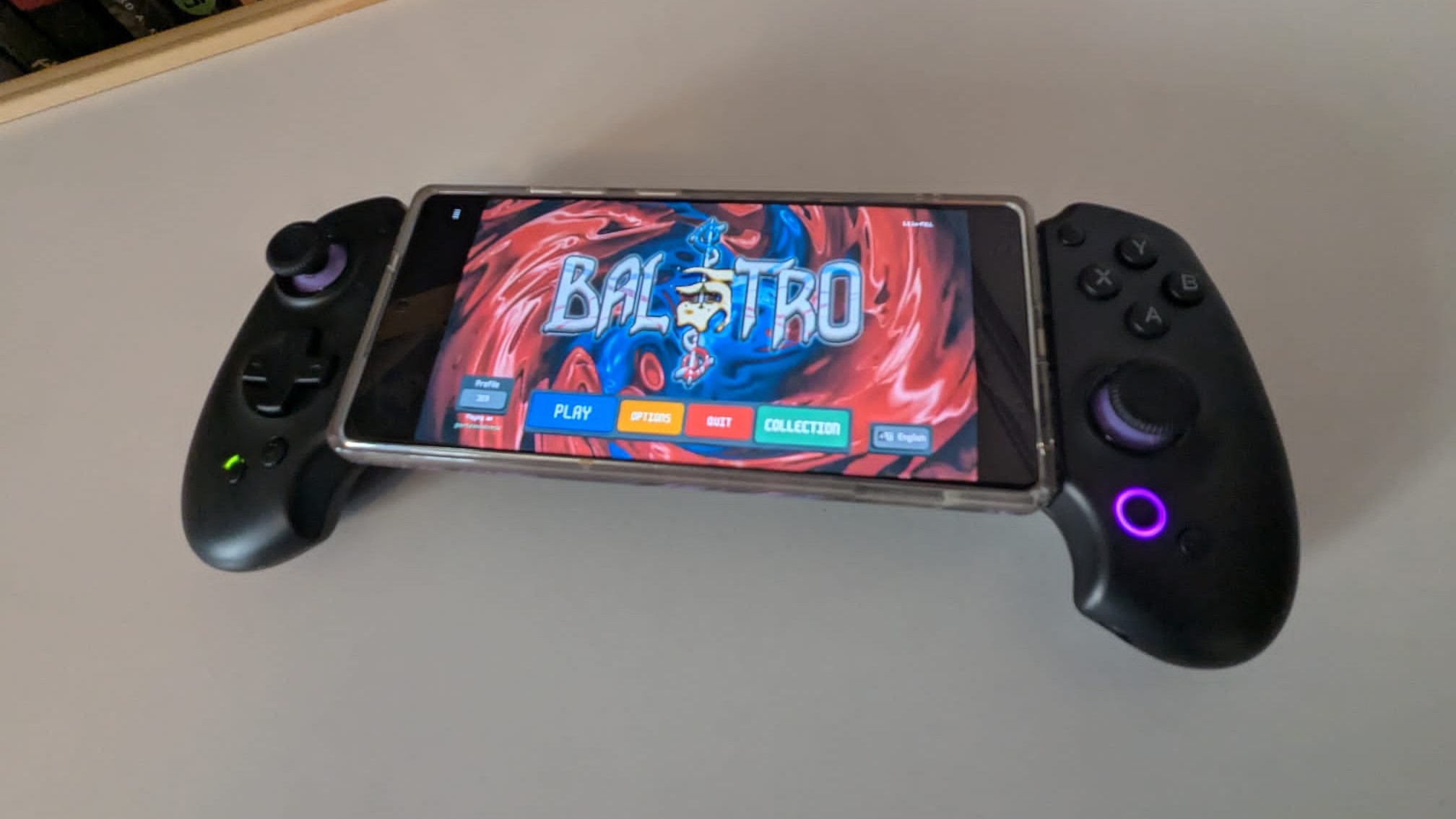Dell wanted to build an Intel-based Windows 10 Mobile device for all your needs

Dell, of all people, were planning to build a super-powerful Windows 10 Mobile handset with an x86 Intel Core M processor, with 4GB or 8GB of RAM and 128GB or 256GB storage. The device would've been more of a small tablet rather than a smartphone, with the screen being 6.4 inches diagonally. That wouldn't matter however, as the concept for the device was for it to be one device that you can use as a desktop, laptop or tablet.
Most of the devices functionality would've taken advantage of Continuum, which allows high-end devices to transform into a desktop environment with a familiar taskbar, start menu and more. We've all seen Continuum before, and with the upcoming improvements which add windowed-mode, this device would've been one powerful, capable handset.
The problem however is we don't know what happened to the Dell project, which was internally referred to as "Stack". VentureBeat reports the device was scheduled to launch in the Spring of 2017, but the current state of the project is unknown. Perhaps the project was shelved after Intel announced plans to kill off its ATOM line of CPUs, or maybe it's just in hibernation, waiting for Microsoft to up their game on the software side of things.
Regardless, it's obvious that OEMs are interested in the concept of Windows 10 Mobile, it's just unfortunate that Microsoft is doing such a bad job at keeping up with OEMs wants and desires. HP, with their Elite x3, kind of achieved what Dell was planning with Stack, albeit on a much less powerful level. The Elite x3 is a smartphone being advertised as the one device that can be a laptop and desktop too, similar to Dell's Stack. However, HP had to tug and pull at Microsoft for months before the device was announced, as Windows 10 Mobile was missing vital things needed for HP to make the device they wanted, such as Snapdragon 820 support, fingerprint support and more.
Hopefully the Dell Stack will see the light of day at some point, either in its current conception or in a new product down the line. Microsoft's ultimate goal is to make Windows 10 Mobile a viable option over other mobile operating systems, and OEMs appear to be interested, it's just getting them to release these devices that appears to be the challenge.
Get the Windows Central Newsletter
All the latest news, reviews, and guides for Windows and Xbox diehards.

